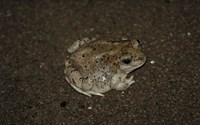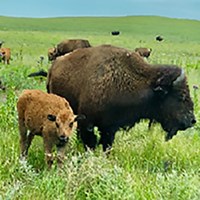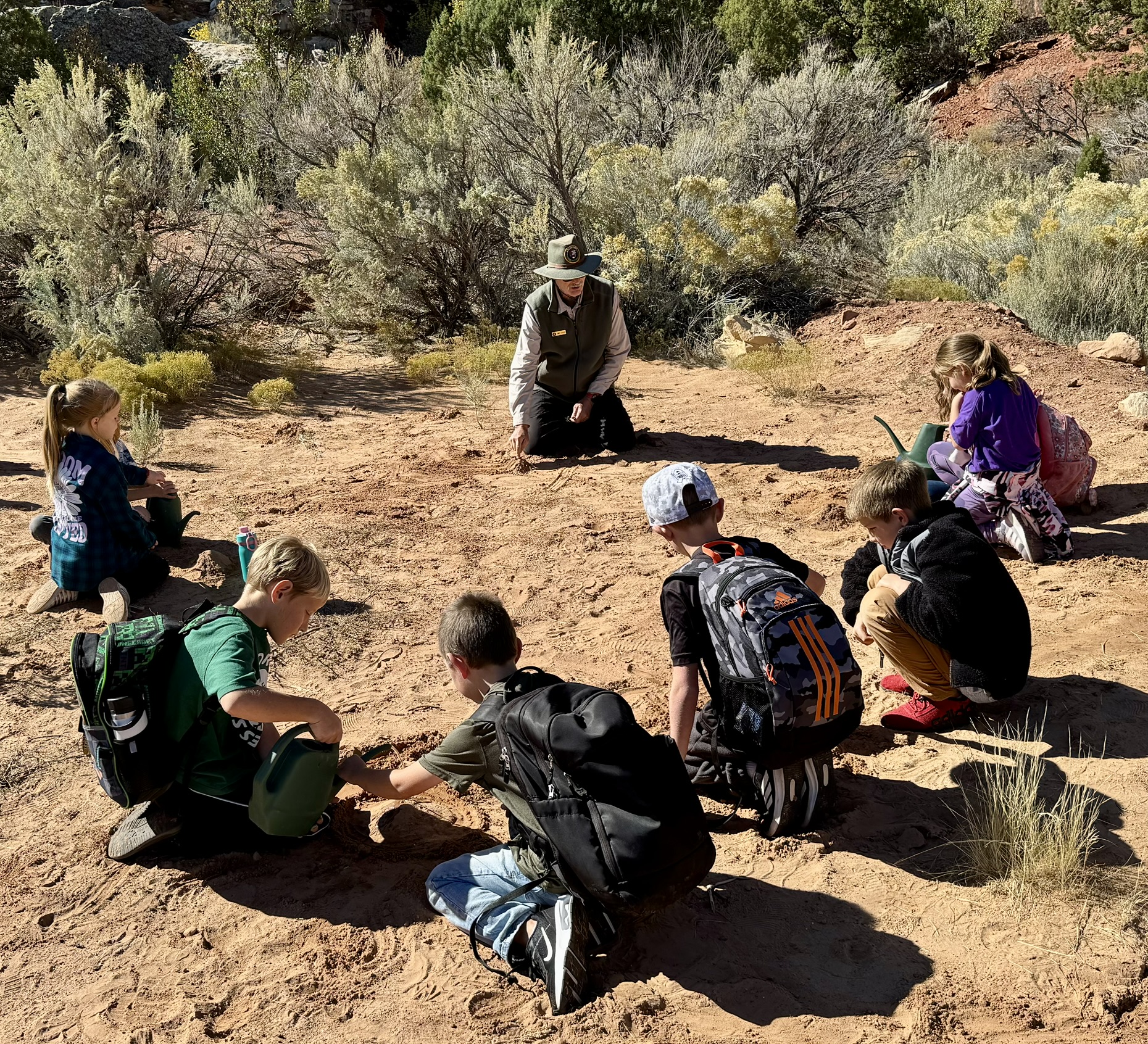- Lesson Plan (29)
- Field Trips (10)
- Distance Learning (6)
- Student Activities (6)
- Guest Speakers (1)
- Primary Sources (1)
- Science Labs (1)
- Science (46)
- Social Studies (10)
- Literacy and Language Arts (6)
- Math (3)
- 6-8.RH.7 (2)
- 6-8.WHST.1 (2)
- 1.RI.1 (1)
- 1.RI.2 (1)
- 1.RI.3 (1)
- 1.RI.4 (1)
- 1.RL.1 (1)
- 1.RL.2 (1)
- 1.RL.3 (1)
- Show More ...
Showing 52 results for carbon cycle ...
Carbon Cycle Capers
- Type: Lesson Plan
- Grade Levels: Upper Elementary: Third Grade through Fifth Grade
Life Cycles
- Type: Field Trips
- Grade Levels: Lower Elementary: Pre-Kindergarten through Second Grade

Students explore plant changes by performing a play depicting the life cycle of a wildflower through the seasons. They explore life cycles of frogs and toads, along the way discovering the difference between them. Students learn about insect metamorphosis, focusing on moths and butterflies, and discover the surprising world of insect galls.
Water Cycle
- Type: Field Trips
- Grade Levels: Upper Elementary: Third Grade through Fifth Grade

Students hear a story and dance to a water cycle music video. While visiting a wetlands ecosystem they act out the process of erosion in different environments, and participate in a relay where they pretend to be agents of evaporation and precipitation. Students imagine they experience the water cycle first hand and write a poem about it. Afterwards, each student creates a regional drawing of the water cycle.
The Fossil Cycle
Infiltrating the Water Cycle
- Type: Student Activities
- Grade Levels: Upper Elementary: Third Grade through Fifth Grade
Two demonstrations to introduce students to the water cycle and the idea of infiltration.
Salmon Nutrient Cycling
- Type: Student Activities
- Grade Levels: Middle School: Sixth Grade through Eighth Grade
Bison Life Cycle
Snowshoe Hare Population Cycles in Denali
- Type: Lesson Plan
- Grade Levels: Middle School: Sixth Grade through Eighth Grade
Succession and Nutrient Cycling in a Temperate Rainforest Ecosystem
"The Carbon Budget" Climate Change: 4-6th Grade
- Type: Lesson Plan
- Grade Levels: Upper Elementary: Third Grade through Fifth Grade

Students use math, visual and auditory techniques to demonstrate that the amount of carbon being added to the atmosphere by humans is more than what the planet is removing. This activity can use different learning styles to demonstrate the 2008 global carbon budget. Show that the imbalance of a yearly extra four billion tons of carbon dioxide in the atmosphere is the fundamental cause of climate change.
Dwarf Buckwheat Plates
Rocky Rangers: Elementary Earth Science
How Rock Layers Work: Middle School Earth Science
- Type: Field Trips
- Grade Levels: Middle School: Sixth Grade through Eighth Grade
Where the Water Begins
- Type: Student Activities ... Guest Speakers
- Grade Levels: Lower Elementary: Pre-Kindergarten through Second Grade

“Where the Water Begins” is an interactive science program to understand the thermal water cycle of Hot Springs National Park. It involves several demonstrations to illustrate the geology of the Ouachita Mountains, the water cycle, the potential impact of pollution in the Hot Springs recharge zone, and hot springs ecology. The program also involves larger field activities to integrate the messages of the hot springs water cycle and the protection of the recharge zone.
School Water Budget Kit
- Type: Science Labs
- Grade Levels: High School: Ninth Grade through Twelfth Grade

The following activities replace the traditional way of teaching the water cycle by identifying how surfaces in the schoolyard influence the pathways water takes after a precipitation event. By exploring the water cycle as it occurs at their school, the learning becomes place-based and relevant to the culture of the school.
A Fish's Journey
- Type: Lesson Plan
- Grade Levels: Upper Elementary: Third Grade through Fifth Grade

Learn about the life cycle of fish! In this choose-your-own adventure inspired activity, players will travel through their life cycle as a Bluegill living in Cane River Lake. Try to survive to adulthood and spawn the next generation of Bluegills – but watch out for predators and other challenges along the way.
- Type: Field Trips
- Grade Levels: Upper Elementary: Third Grade through Fifth Grade
Climate Change in Vermont: Measuring Predicted Impacts
- Type: Lesson Plan
- Grade Levels: High School: Ninth Grade through Twelfth Grade

In the "Emerging Science" episode (VT Public Television) “Climate Change: A Northeast Primer,” students are introduced to present-day and potential future impacts of climate change on Vermont. Through these activities, students plan ways to measure climate change, explore climate change data, and use phenology to detect a species’ response to climate change.
Ciclo de Rocas
- Type: Lesson Plan
- Grade Levels: Upper Elementary: Third Grade through Fifth Grade
At the completion of this lesson, students will be able to identify one or two ways that rocks can be broken down and/or combined and students will be able to describe the rock cycle of the sandstone.











